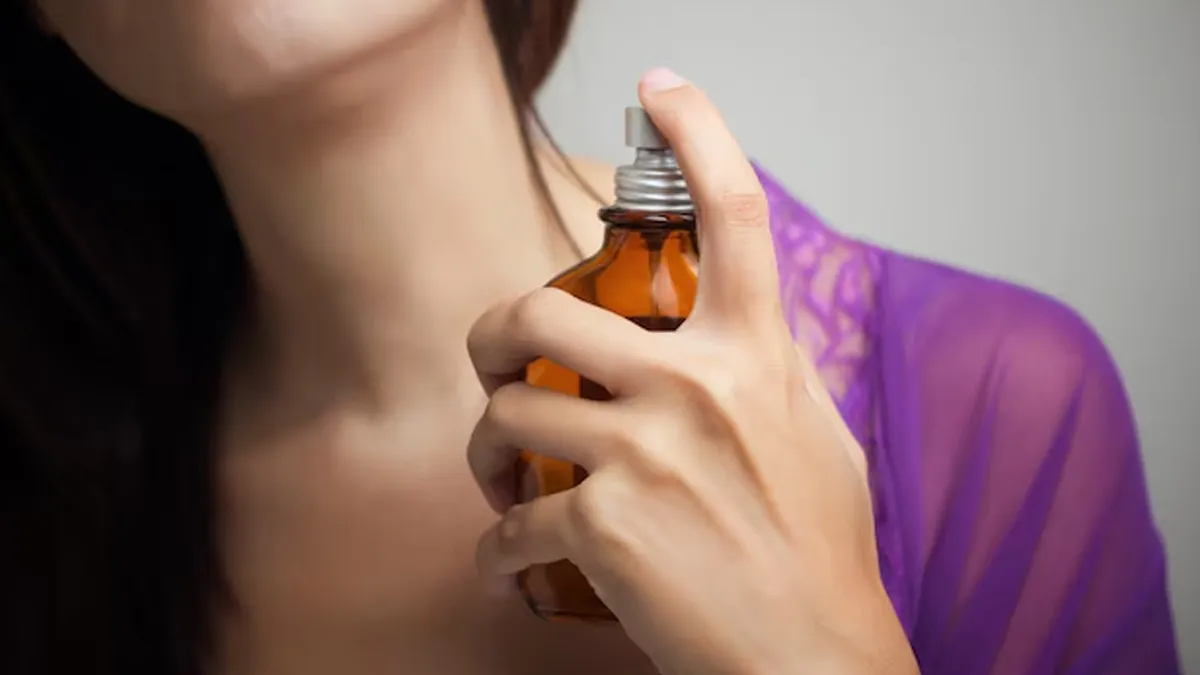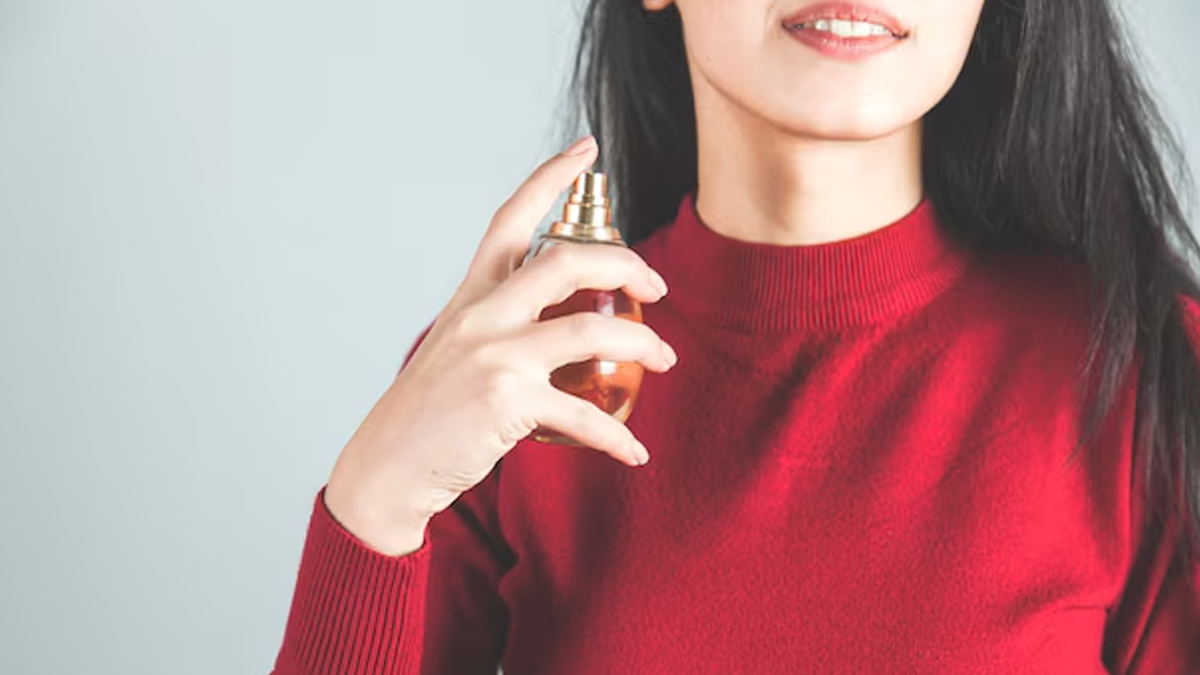
Cologne is often used to enhance personal fragrance and leave a lasting impression. However, there is a fine line between smelling pleasant and overwhelming those around you. Applying too much cologne can lead to unintended negative consequences, including health risks, allergic reactions, and social discomfort. If you frequently reach for your bottle of cologne, it’s important to understand the effects of overuse and how to apply it properly.
Table of Content:-
Side Effects Of Using Cologne
1. Allergic Reactions and Skin Irritations

Colognes contain essential oils, alcohol, and synthetic compounds, which can trigger allergic reactions in some individuals. Overusing cologne increases the likelihood of developing skin irritations, such as redness, itching, and rashes. People with sensitive skin or conditions like eczema are particularly vulnerable to these reactions.
2. Triggers Respiratory Issues
Strong fragrances can irritate the respiratory system, especially for people with asthma, sinus problems, or other breathing difficulties. Overpowering cologne can cause sneezing, headaches, wheezing, and even shortness of breath. This is particularly problematic in confined spaces, such as offices or public transport, where others may struggle with the intensity of the scent.
3. Fragrance Fatigue

Fragrance fatigue occurs when you become desensitised to a scent after frequent exposure. This can result in applying even more cologne without realising how strong it smells to others. Over time, the excessive application of cologne can also dull your ability to detect scents accurately.
Also Read: Say Goodbye to Chemicals: How to Create Personalised Solid Perfume Balms Naturally
4. May Disrupt Social Interactions
While a subtle scent can be attractive and boost confidence, an overpowering fragrance can be off-putting. Strong cologne can make social interactions uncomfortable, leading to complaints from colleagues, friends, or family members. Some workplaces even have fragrance-free policies due to the potential health effects on others.
5. Can Cause Headaches and Nausea

Heavy fragrances can overwhelm the senses and lead to headaches, dizziness, and nausea. Many colognes contain chemical compounds that can trigger migraines or affect people with heightened scent sensitivity. Applying too much cologne before a meeting, date, or event may not have the desired effect if people around you start feeling unwell.
Also Read: 5 Key Spots To Apply Perfume For Long Lasting Effect
6. Lingers on Clothes and Fabrics Too Long
Overapplying cologne can cause the scent to linger excessively on clothes, bedding, and upholstery. This makes it difficult to remove the fragrance, especially when switching scents or freshening up your wardrobe. Some strong colognes can even leave stains on fabric, further complicating their overuse.
7. May Interfere with Personal Hygiene
Relying on excessive cologne to mask body odour is not a substitute for good personal hygiene. Strong fragrances do not eliminate bad odours but mix with them, creating an unpleasant combination. Proper hygiene, including regular showers and deodorant, should always come before applying cologne.
How to Apply Cologne Properly
To enjoy the benefits of cologne without the negative effects, follow these tips:

- Use the "One Spray Per Pulse Point" Rule: Use cologne sparingly on pulse points, such as the wrists, neck, and behind the ears.
- Avoid Spraying Directly on Clothes: This prevents staining and ensures the fragrance interacts naturally with your skin’s warmth.
- Do Not Reapply Throughout the Day: A single application in the morning is usually enough. Reapplying too often leads to fragrance build-up.
- Consider Fragrance-Free Zones: Be mindful of public spaces where strong scents may not be appropriate, such as hospitals, offices, and aeroplanes.
- Test Your Scent Strength: If you’re unsure how strong your cologne is, ask a trusted friend or family member for their honest opinion.
[Disclaimer: This article contains information for informational purposes only. Hence, we advise you to consult your professional if you are dealing with any health issue to avoid complications.]
Also watch this video
How we keep this article up to date:
We work with experts and keep a close eye on the latest in health and wellness. Whenever there is a new research or helpful information, we update our articles with accurate and useful advice.
Current Version